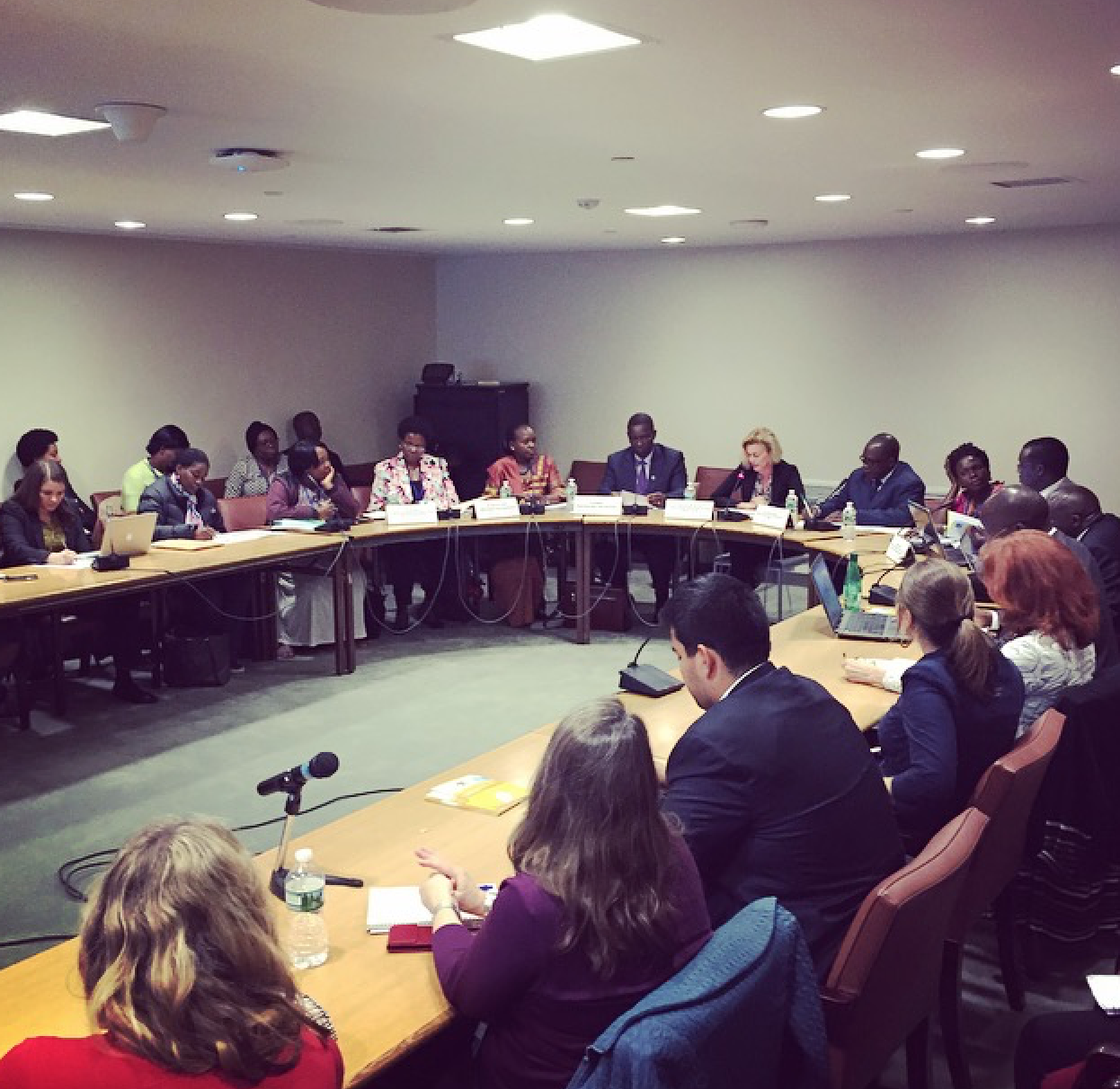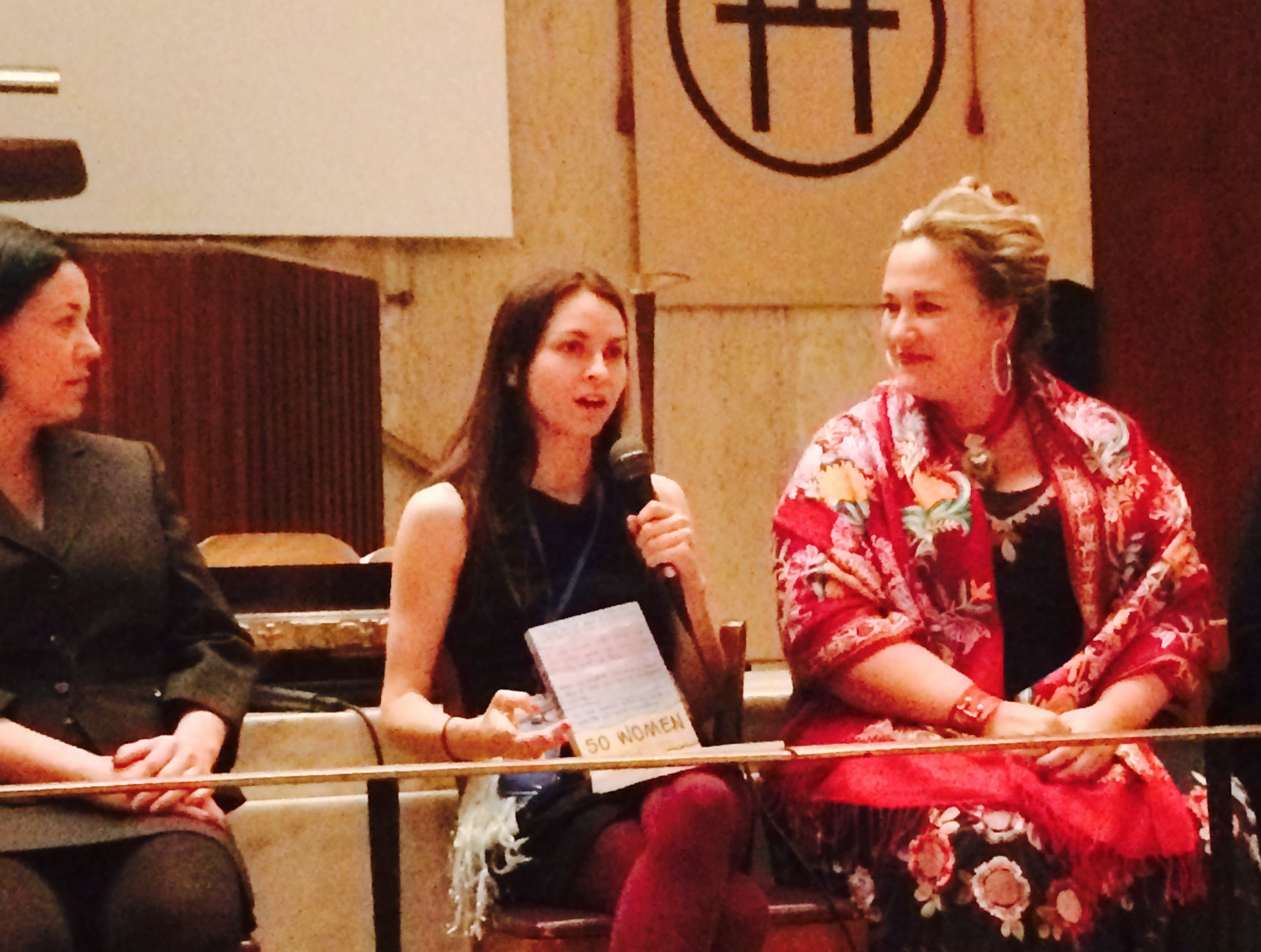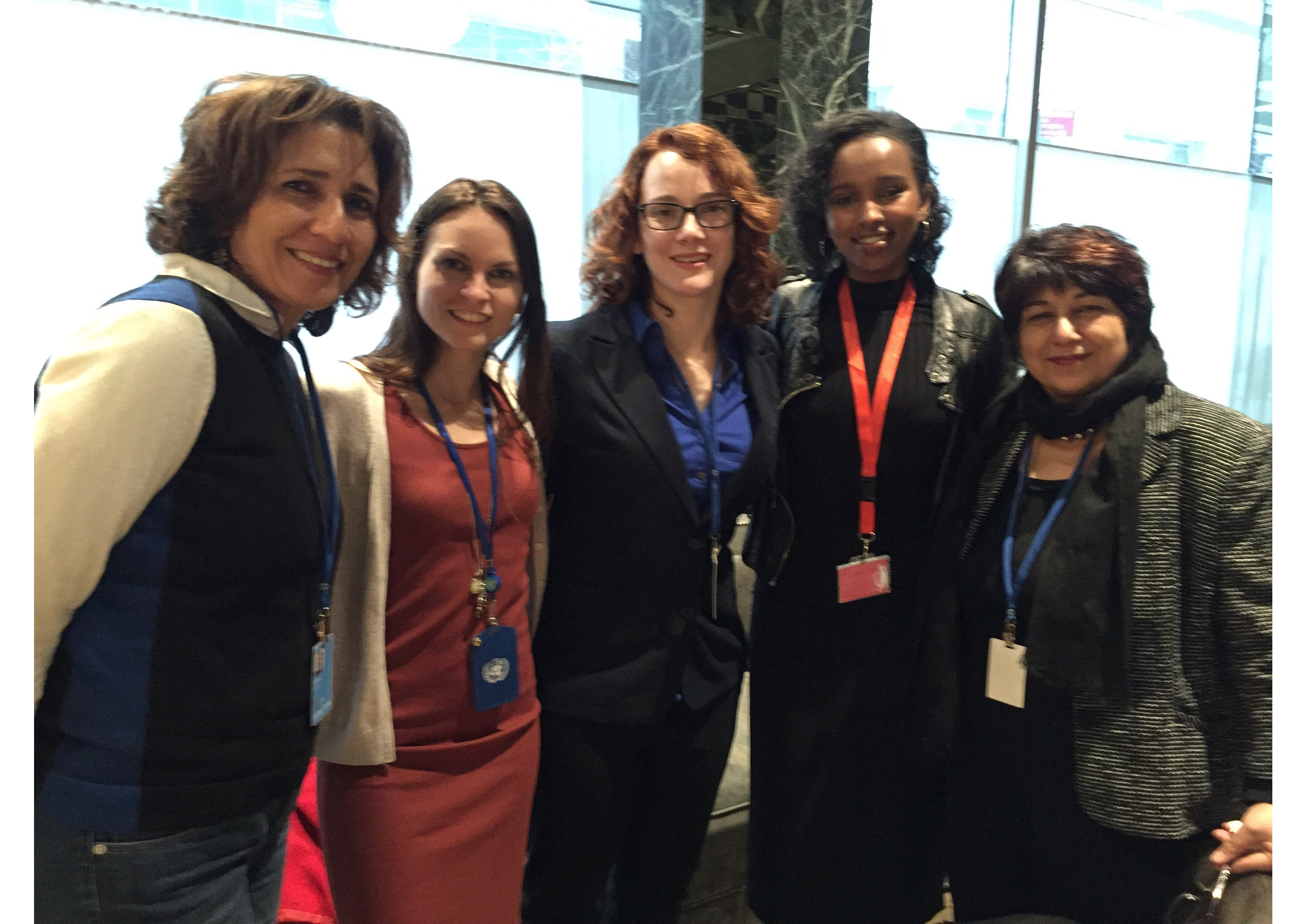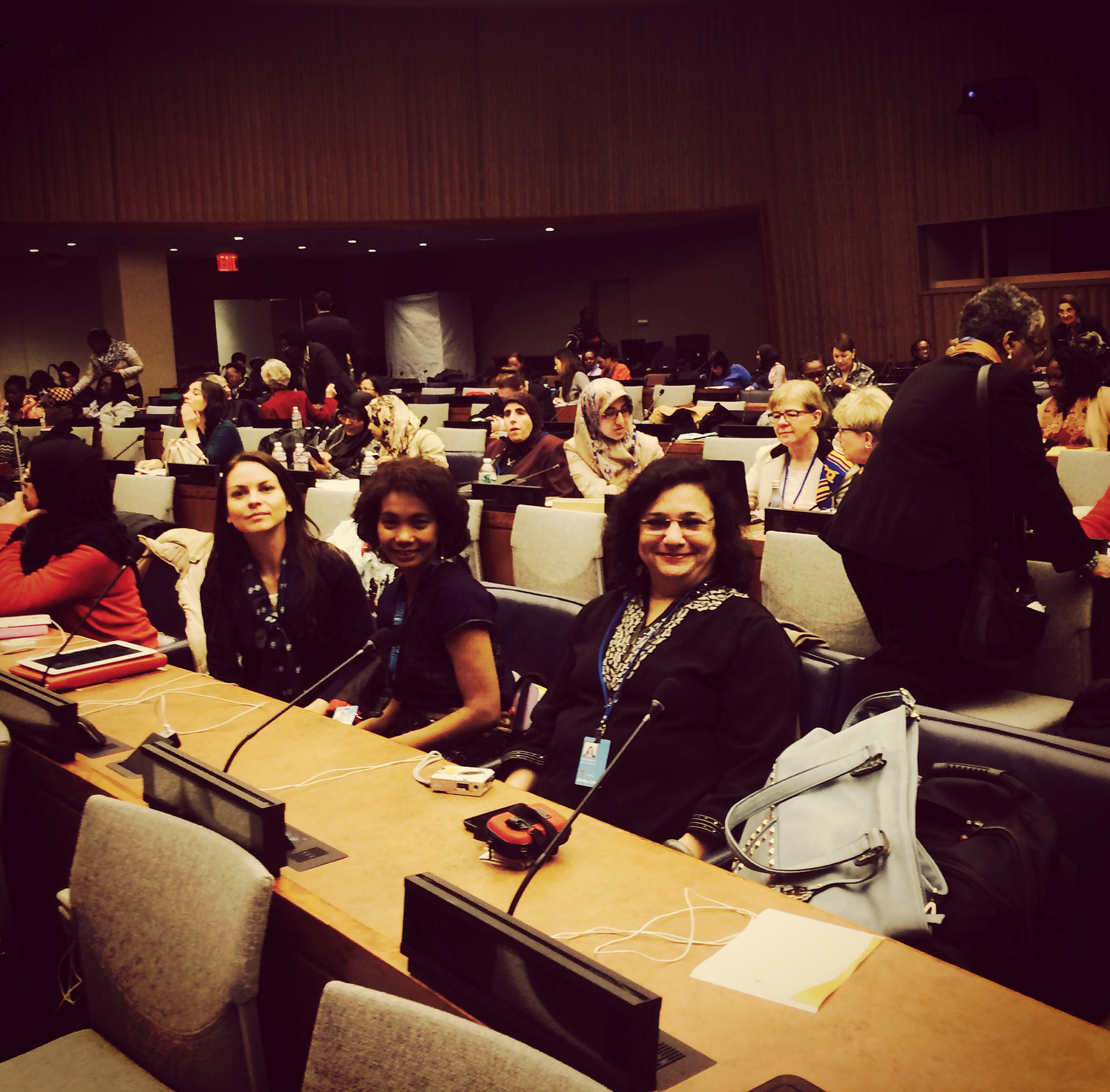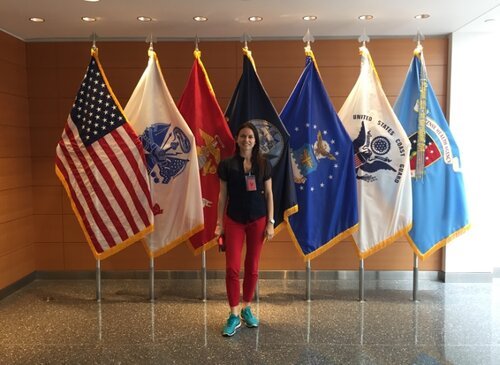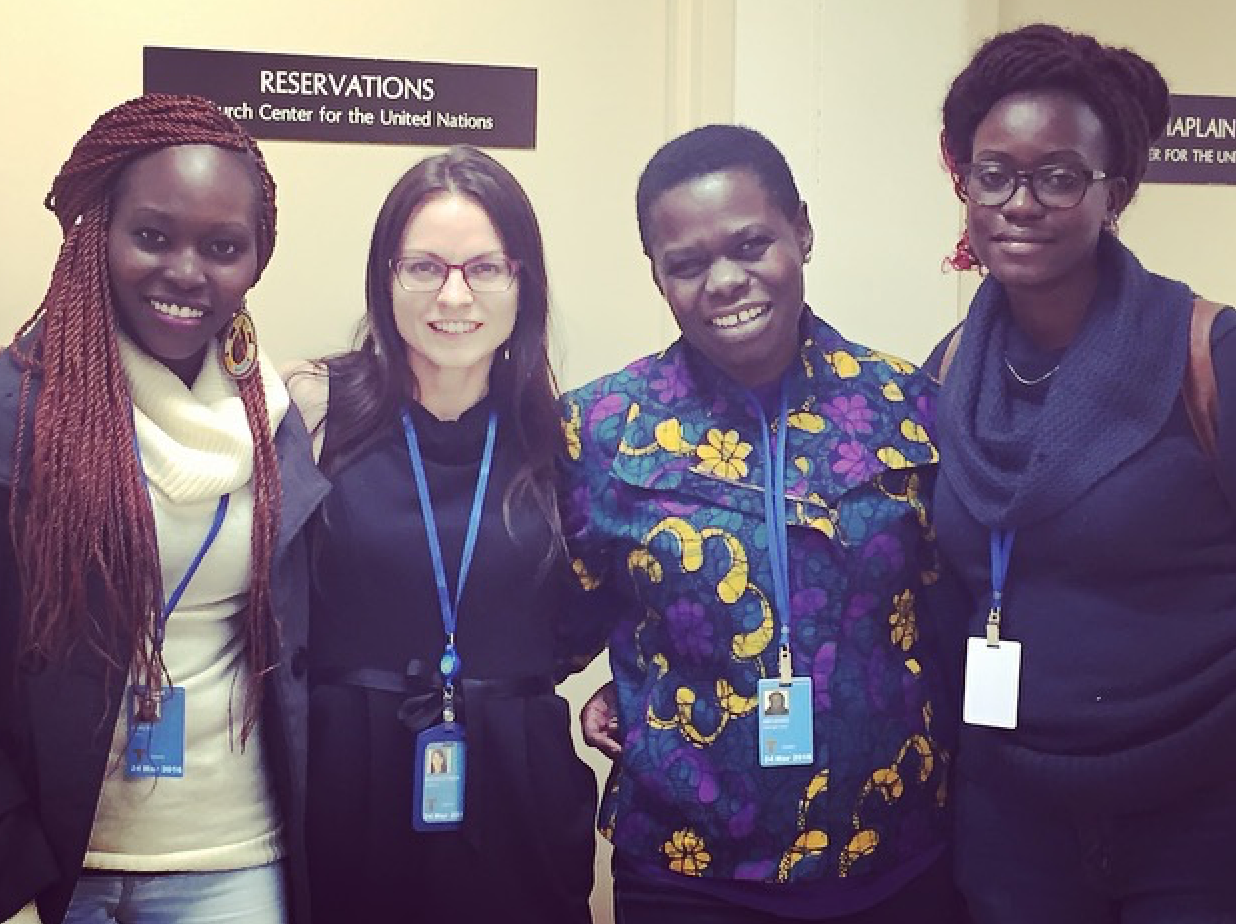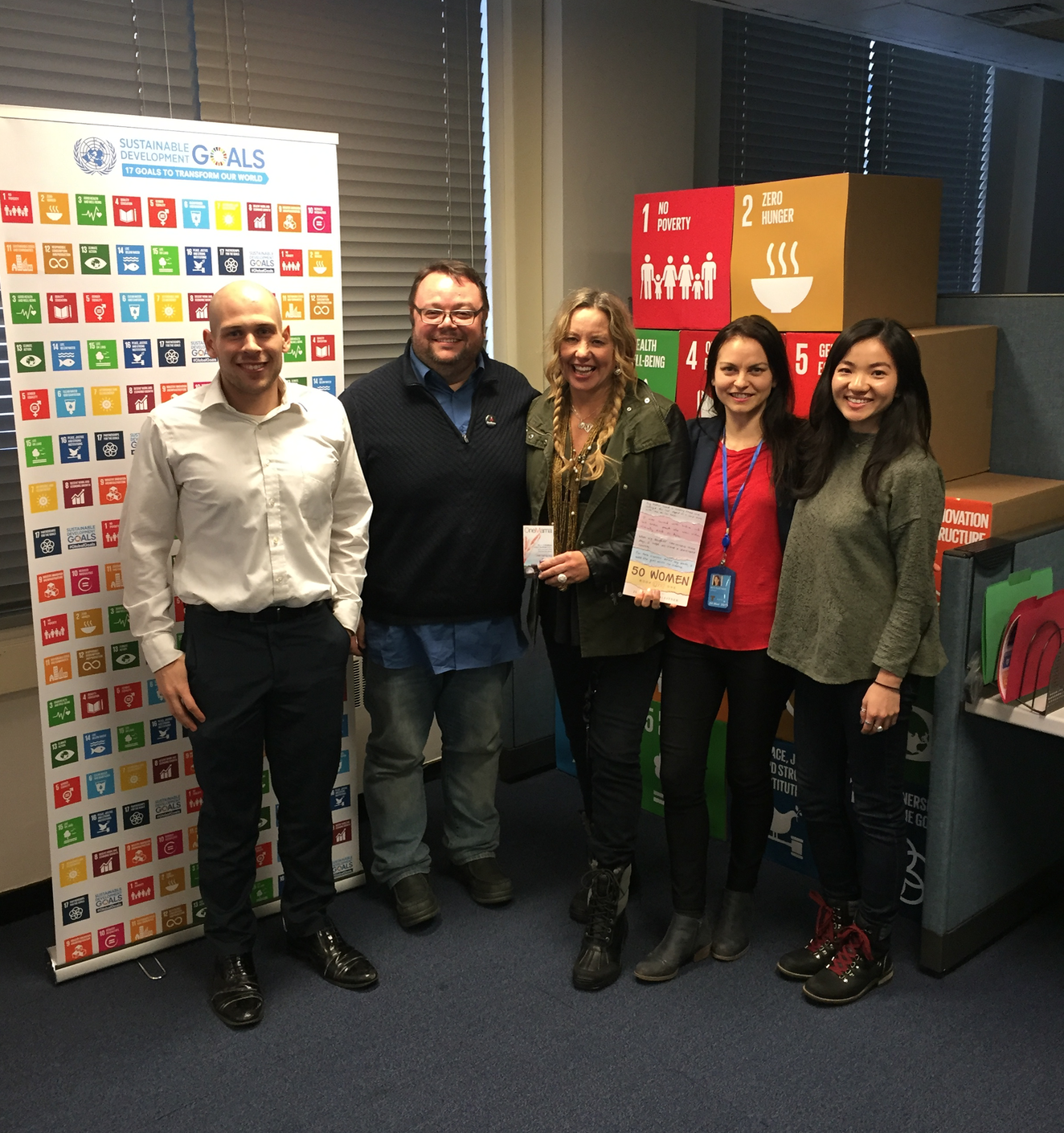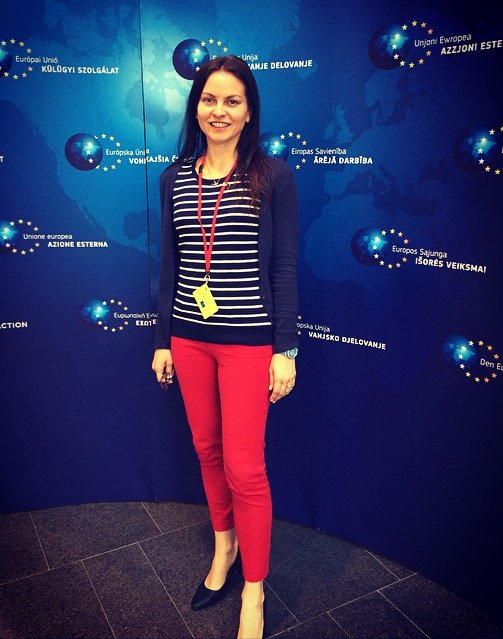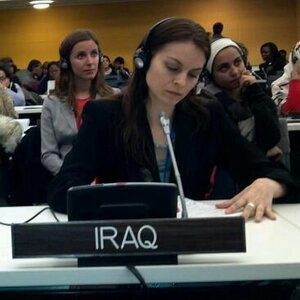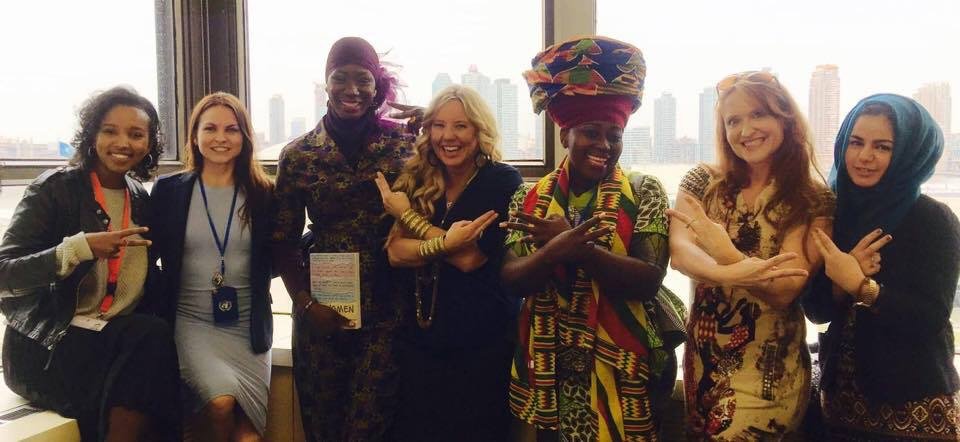
Policy & Diplomacy
By the Numbers
-
70 Million Reached
Cities for CEDAW reached 70 million Americans as of 2024.

-
12 Years
of United Nations interfacing roles activating civil society.
-
3 Appointments
to leadership initiatives in civil society coalitions and NGOs.

-
2 Continents
Working across time zones from North America and Europe.

APPOINTMENTS
-

UN Team At-Large, CEDAW Expert (2021-Present)
FAWCO
Founded in 1931, FAWCO is an international network of independent volunteer clubs and associations comprising 57 member Clubs in 28 countries worldwide. FAWCO serves as a resource and a voice for its members; seeks to improve the lives of women and girls worldwide, especially in the areas of human rights, health, education and the environment; advocates for the rights of US citizens overseas; contributes to the global community through its Teams and The FAWCO Foundation, which provides Development Grants and Education Awards. Since 1997, FAWCO has held special consultative status with the UN Economic and Social Council.
-

NGO Representative to UN & UN Policy Director (2017-2021)
ONEMAMA, INC.
OneMama produced a public health and sustainability model in rural Uganda to be replicated globally in underserved communities. It fosters economic development, offers a maternal health clinic, and other solutions. I helped the NGO obtain special consultative status with the United Nations Economic & Social Council in 2017 and DPI association in 2016.
-

Delegate, UN Commission on the Status of Women & Secretary, Board of Directors (2012-2017)
WOMEN’S INTERCULTURAL NETWORK
WIN represents women in public forums for full participation in their governments and economies. The NGO is a main driver of Cities for CEDAW, a nationwide campaign touching 70 million Americans and with global allies. WIN has held consultative status with the United Nations Economic & Social Council for decades and is a key presence in NGO-CSW.
CEDAW
The Convention on the Elimination of All Forms of Discrimination Against Women (CEDAW), is an international treaty adopted in 1979 by the United Nations General Assembly calling for all women’s equality. It is the only international human rights treaty that focuses on women’s rights and provides a universal definition of discrimination against women so those who would discriminate on the basis of sex can no longer claim that no clear definition exists. It also calls for action to eliminate discrimination in many areas including politics, law, employment, education and health care.
it was instituted on 3 September 1981 and has been ratified by 189 states. The United States has failed to ratify the treaty, and it continues to languish in the Sentae Committe o Foreign Relations, where it has remained since President Carter. I’ve participated in activating two initiatives around the ordinance to make it more prevalent in municipalities and privacy sector companies
Cities for CEDAW
Cities for CEDAW is a campaign to protect the rights of women and girls by passing ordinances establishing the principles of CEDAW in cities and towns across the United States after the U.S. federal government has failed to rafity the treaty for 30+ years.
CEDAW for Companies
CEDAW for Companies is a framework building off of Cities for CEDAW tools to encourage private sector organizations to adopt CEDAW into their governance and implement its principles. I created it in 2020.
CIVIL SOCIETY COALITIONS & WORKING GROUPS
-
Convenor, Beijing +30 Reports
UNITED NATIONS ECONOMIC COMMISSION FOR EUROPE (ECE)
The Beijing Platform for Action, adopted at the United Nations Fourth World Conference on Women in 1995, stands as a landmark document in advancing gender equality and women's rights worldwide. This comprehensive platform outlines strategic objectives and actions across 12 critical areas of concern, including women and poverty, education, health, violence against women, and women in power and decision-making. By recognizing the interconnectedness of various issues affecting women's lives, the Beijing Platform for Action provides a framework for governments, civil society organizations, and international bodies to develop policies and programs that promote gender equality and empower women. Over the years, the Beijing Platform for Action has served as a catalyst for legislative reforms, grassroots activism, and global advocacy efforts, driving progress towards gender parity and social justice on a global scale.

-
Co-Founder & Policy Lead
MUNICH INTERNATIONAL WOMEN (MILA)
Founding Member of a 3000+ civil society expat community in Munich that aims to connect highly skilled immigrant and expat women with employment, business opportunities, and the local community while collaborating with policymakers for public-private partnerships. We aim to address the skilled worker shortage Germany is experiencing by being a connected local resource.- Founding Member of a 3000+ civil society expat community in Munich that aims to connect highly skilled immigrant and expat women with employment, business opportunities, and the local community while collaborating with policymakers for public-private partnerships. We aim to address the skilled worker shortage Germany is experiencing by being a connected local resource.

-
Member, 5th World Conference Steering Committee
SAN FRANCISCO DEPARTMENT ON THE STATUS OF WOMEN
The United Nations has organized four world conferences on women. These occurred in Mexico City in 1975, Copenhagen in 1980, Nairobi in 1985, and Beijing in 1995.
The 1995 Fourth World Conference on Women in Beijing marked a significant turning point for the global agenda for gender equality. The Beijing Declaration and the Platform for Action, adopted unanimously by 189 countries, is an agenda for women’s empowerment and is considered the key global policy document on gender equality. It sets strategic objectives and actions for the advancement of women and the achievement of gender equality in 12 critical areas of concern:
The San Francisco steering committee made a case for a 5th world conference on women and why San Francisco should host the conference as the first city to ratify the Convention on the Elimination of all forms of Discrimination Against Women and advocate for its continued spread across other U.S. municipalities.

Policy Papers
UNITED NATIONS DOCUMENTS
Priority Theme: Violence Against Women, CSW 57 annual session (2013)
Priority Theme: Beijing Plus 20- the 20 year review of the Beijing Platform for Action(2015)
Priority Theme: Sustainable Development (2016)
Priority Theme: Balancing the Changing World of Work (2017)
Priority Theme: Social Protection Systems and Sustainable Infrastructure (2018)
Priority Theme: 25-year review of the Beijing Declaration and Platform for Action (2020)
2021 ECOSOC High-Level Segment (2021)
(Our statement was one of 396 NGOs calling from world leaders for more attention to COVID-19 and the situation of women)
EUROPEAN UNION
Policy Reporting and The “Truth First” Media Era: Talking truth in Brussels (2017)
